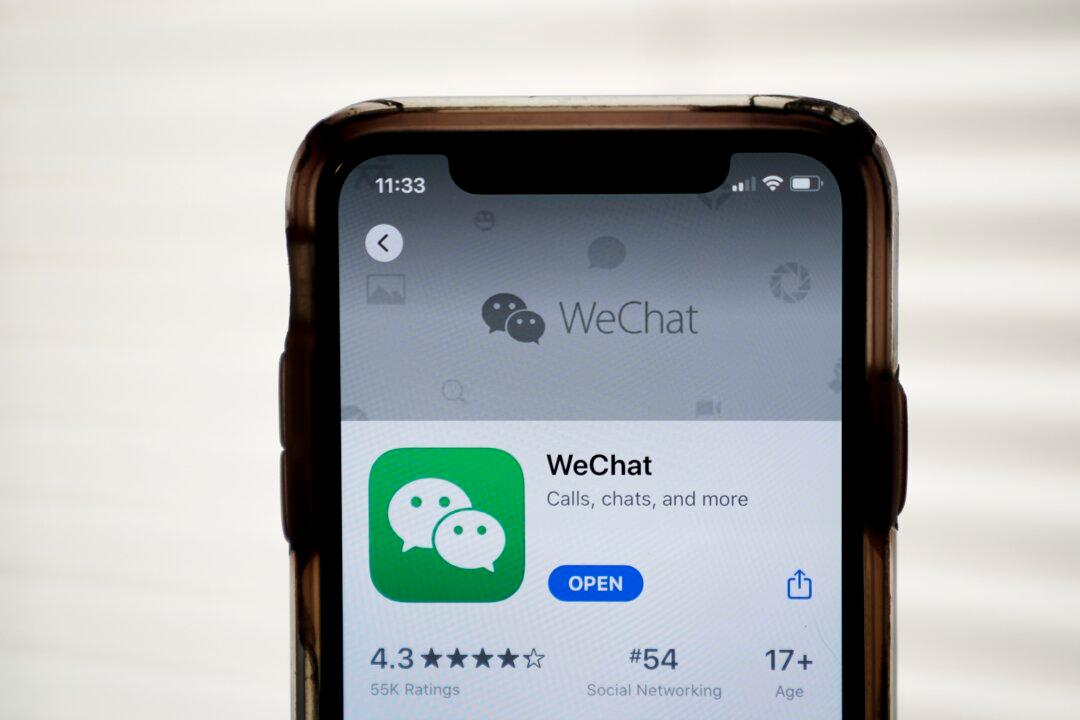NEW YORK—A looming U.S. ban on the Chinese app WeChat won’t target people who use the app to communicate, according to a government court filing Wednesday.
President Donald Trump issued orders on Aug. 6 that targeted WeChat and TikTok as national-security threats and imposed a Sept. 20 deadline for the Commerce Department to draft specific measures for blocking “transactions” with the Chinese owners of the apps.





